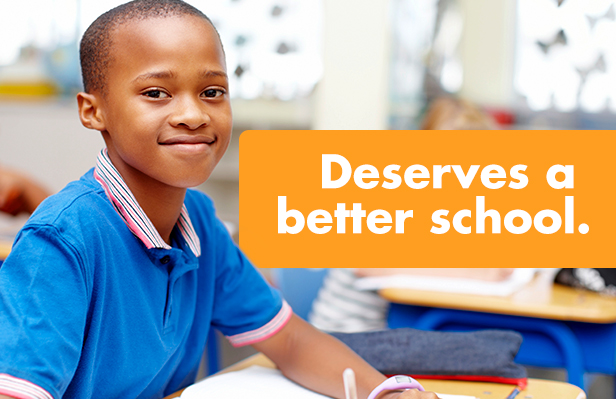Media

School Choice Boosts Student Achievement Around the Globe
“Make every week school choice week.” This is the advice from the Cato Institute’s Corey DeAngelis as he explained the results of his recent study, The Public Benefit of Private Schooling.
Released last month amidst National School Choice Week celebrations, the study examines the effect of private school enrollment on Programme for International Student Assessment (PISA) scores. DeAngelis considered data in 52 countries from 2000-2012 and controlled for factors such as GDP, population, overall school enrollment, and government expenditures.
The results? As the percent of students enrolled in private school increased, PISA scores in math, reading, and science all increased.
The PISA study is further evidence that school choice leads to better educational outcomes for all schools. Despite this, the education establishment fiercely fights against expanding choice for families. For example, here in Pennsylvania, teachers’ unions are leading the attack against a promising new innovation—Education Savings Accounts (ESAs).
Under one ESA proposal, Senate Bill 2, students trapped in the worst 15 percent of Pennsylvania schools could receive a portion of the state’s per pupil education funding in a special, treasury supervised account. Parents could use those funds to customize their children’s education by purchasing tutoring, curriculum, private tuition and more.
Empowering parents through ESAs would restore accountability to an education system that is currently failing these students.
Additionally, Senate Bill 2 educates children for a fraction of the cost of public schools, costing just $5,700 compared to the $16,500 district average. This saves taxpayers money, results in higher per pupil funding at district schools, and may even reduce class sizes.
More than 200,000 Pennsylvania students are currently trapped in failing schools – that’s 200,000 reasons for lawmakers to act now and provide options that will help all students succeed.